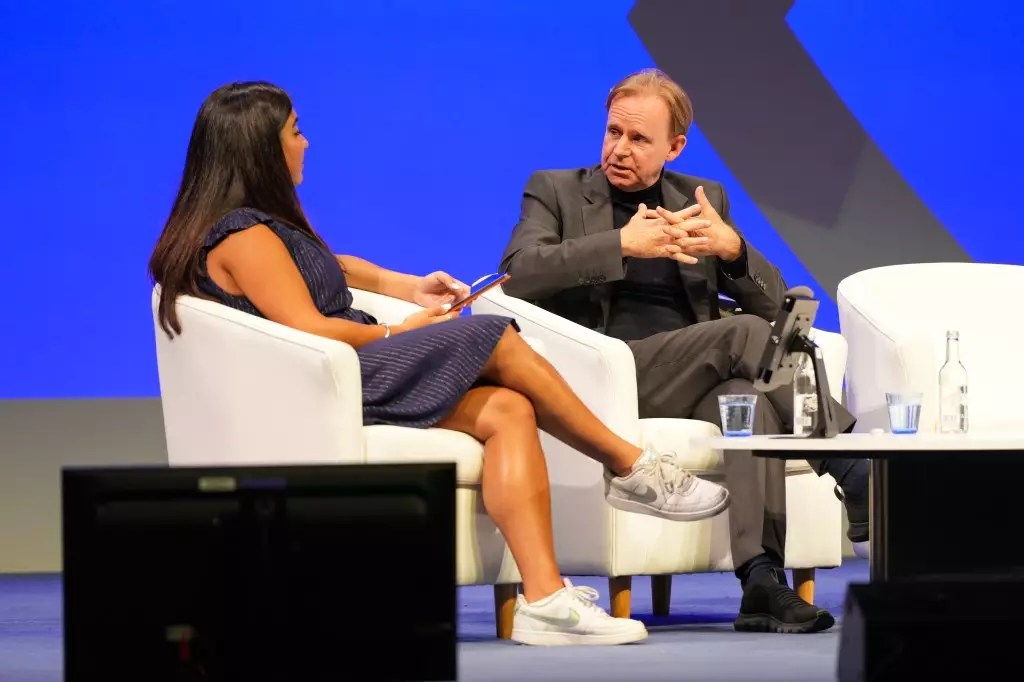The head of Pact, John McVay, has criticized UK broadcasting bosses for their insensitivity and lack of communication regarding the mid-budget programming market. He referred to their attitude as “callous” and “cloth-eared,” particularly pointing out the way they publicly proclaimed the death of the mid-range market at the recent Edinburgh TV Festival. McVay expressed disappointment in the manner in which BBC, ITV, and Channel 4 executives discussed the squeezing of the middle market segment, highlighting phrases such as “rightsizing” as being particularly insensitive given the challenging state of the industry.
McVay mentioned that only Channel 4’s CEO, Alex Mahon, engaged in a conversation with him on the topic, while other broadcasting executives did not communicate their plans regarding mid-range programming effectively. This lack of engagement has left many producers feeling frustrated and abandoned, especially those who have been long-standing suppliers to these broadcasters. McVay emphasized the detrimental impact that the death of the middle market would have on the UK TV skills pipeline and diversity efforts, urging for a reevaluation of the industry’s approach to content production.
The financial situation within the UK broadcasting landscape has been gloomy, with many production companies such as RDF, Betty, and Wildflame either closing down or downsizing. Pact’s census revealed a significant decline in the number of producers with a turnover in the £5m-£10m range, while those in the £25m-£70m bracket increased. This shift indicates a concentration of resources towards larger, high-budget productions, leaving the mid-range content creators struggling to survive in an increasingly competitive market.
McVay expressed concerns about the potential consequences of the industry’s shift away from mid-budget programming on the TV skills pipeline and diversity initiatives. He drew a parallel with James Graham’s MacTaggart lecture, which highlighted the lack of working-class representation in UK TV and the industry’s overreliance on big-budget franchises and established intellectual property. McVay emphasized the importance of nurturing talent from diverse backgrounds and providing opportunities for emerging creators to thrive in an industry dominated by big-budget productions.
The UK broadcasting industry’s approach to the mid-budget programming market has raised significant concerns among industry stakeholders. The lack of communication, insensitivity towards the challenges faced by mid-range producers, and the concentration of resources towards high-budget productions are all indicative of a shifting landscape that could have far-reaching implications for industry diversity and talent development. It is essential for broadcasting bosses to reassess their strategies and engage in constructive dialogue with industry stakeholders to ensure a more inclusive and sustainable future for the UK TV industry.


Leave a Reply